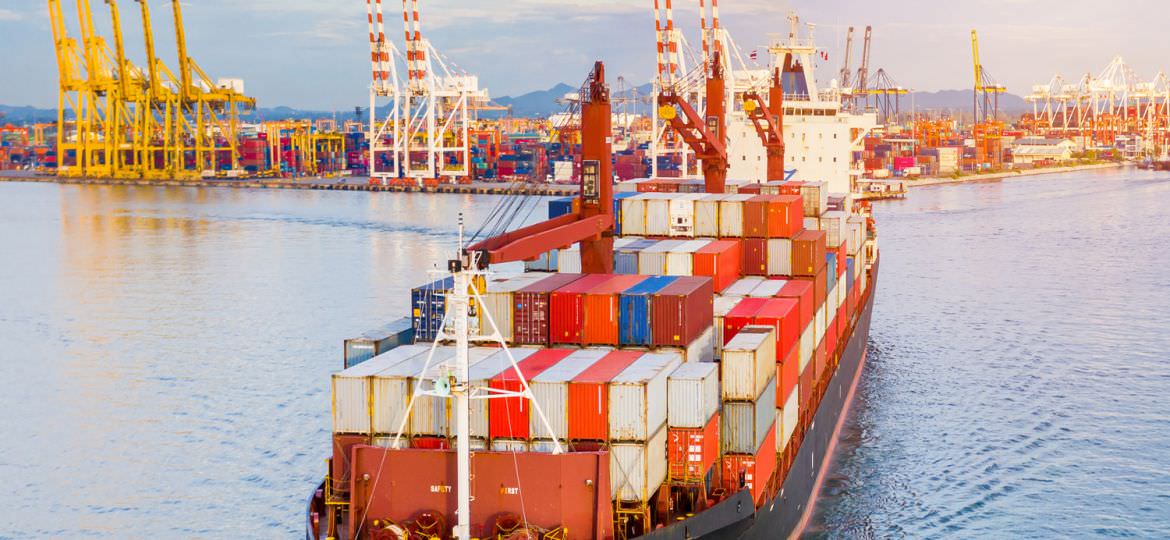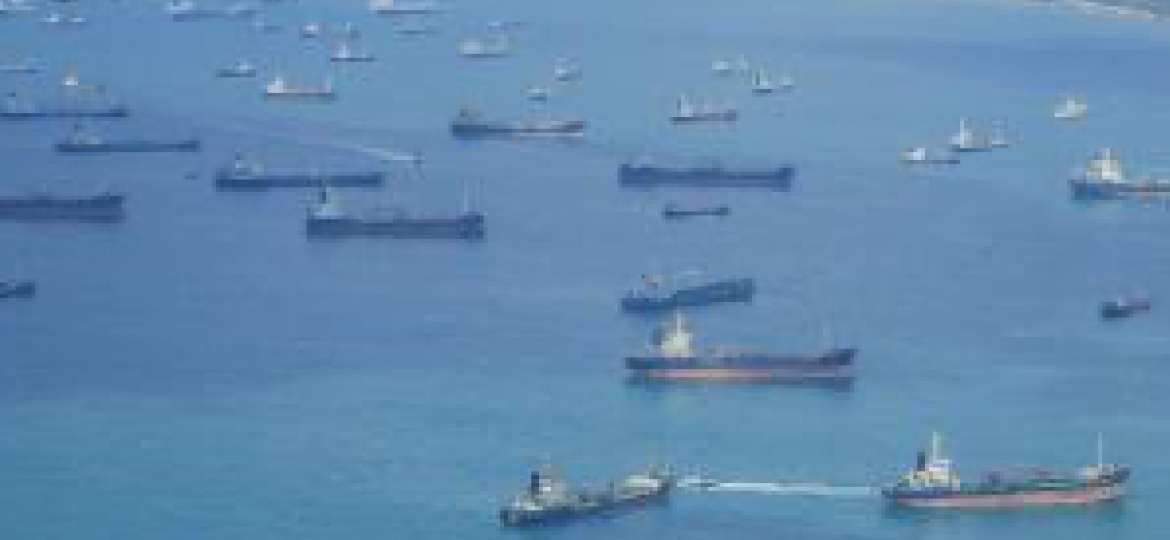Students will be introduced to the different Sustainability challenges for a shipping business – climate changes, social pressures, drive for efficiency of resources and profitability across value chains
This certificate examines the impact that an increasing access to more data than ever before, is having upon every global HR function across every sector.
The scope of this course is to offer comprehensive understanding of shipping finance in theory and practice. International shipping industry is the typical example of a capital intense industry.
This module provides students with an all-round practical insight to Maritime Technology and knowledge for working within a systems engineering context as well as on the levels of assurance required.
This module intends to enhance students’ understanding of specific legal topics concerning the Carriage of Goods by Sea. Special emphasis is given to the implications of legal decision on charter party wording.
The Maritime Economics module aims to enhance students’ ability to apply micro economic theory in various shipping environments including dry bulk, tankers and liner markets.
This module provides students with an all-round practical insight to Shipping Management of Commercial Shipping Companies as well as knowledge for strategy and operational related matters in the shipping industry.
The module begins by examining the Historical review and revolution of Human Resource and Crew Management. Follows, the structure of Crew department and its cooperation with other departments in a Shipping Company.
The module is an international “journey” about demonstrating knowledge and understanding of essential elements of marine insurance contracts, marine hull and associated liability risks and protection and indemnity insurance.
The module offers both an overview of shipping law as well as a more in-depth understanding of the key legal elements to be encountered.Students will have the opportunity not only to learn but also to master shipping law.












